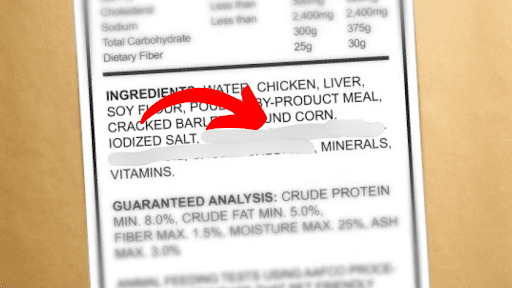New Research on High Protein Diets Reveals Shocking Effects on Life Expectancy - Doctor Reacts
Dr. Eric Westman examines recent discussions in nutrition, pinpointing the evidence-driven claims about high-protein diets and their potential influence on longevity.
Protein isn't just about muscle building—it serves broader functions extending to overall health. Building strength is crucial but consider the emerging evidence that protein consumption may have other life-extending benefits.
An amino acid called taurine is spotlighted in contemporary studies and is suggested to be pivotal in this regard. Research published in 'Science' highlights its potential life-extension benefits, increasing the lifespan of various species like mice and worms.
- Taurine levels diminish with age—adding it back doesn’t automatically replicate youthful health.
- Supplements, despite pearl-clutching results in experimental settings, warrant deeper exploration in humans.
While protein and taurine are integral, Dr. Westman reiterates his cautious stance on supplements," believing that whole foods typically provide sufficient nutrition. However, for ketogenic diet followers seeking easy supplements to combat fatigue due to limited salt in these regimens, electrolytes might be beneficial.
In delivering nutritional guidance, addressing adjustments in protein consumption as one ages is essential. Proteins contribute significantly to maintaining strength and combating age progression in various vital processes.
While revealing taurine's emerging roles, Dr. Westman advises maintaining adequate protein levels throughout aging to preserve muscle mass and vitality, warning against the reflex to unify 'less is more,' as generally more protein is advised.
"Why are we avoiding protein?" reveals Dr. Westman's support for upping protein intake with advancing age while disputing premature effectiveness assumptions on taurine supplementation alone.
While researchers bolster the promise of proteins like taurine in longevity paths, Dr. Westman promotes an evidence-first approach, avoiding overly hopping onto swift dietary trends without comprehensive validation and testing, especially without pertinent human trials.
To wrap up, public eagerly pivots towards convenient dietary modifications relative to organic protein consumption's natural advantages, countries squarely stick to evidence-derived procedures lying independently explaining how.
From Around The Web
Wellness Inbox is a blog & weekly newsletter that curates trending news and products related to health and wellness from around the web. We also gather content from various sources, including leading health professionals, and deliver it directly to you.
Please note that we may receive compensation if you purchase any products featured in our newsletter. Wellness Inbox is not affiliated with, nor does it endorse, any health professionals whose content may appear in our newsletter. The information provided is for general informational purposes only and should not be considered medical advice.
The information provided is not intended to replace professional medical advice, diagnosis, or treatment. All content, including text, graphics, images, and information available is for general informational purposes only. We do not guarantee the accuracy or completeness of any information presented and assume no liability for any errors or omissions. The content is subject to change without notice. We encourage you to verify any information with other reliable sources and consult your physician regarding any medical conditions or treatments.







